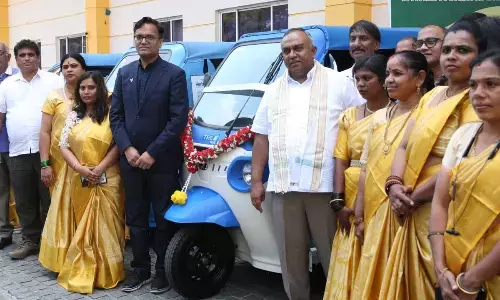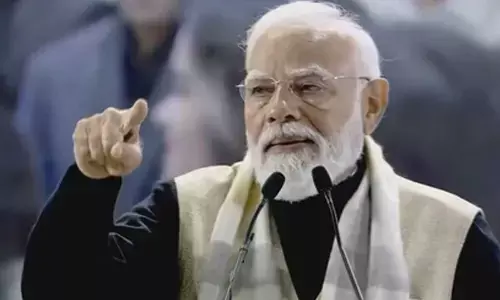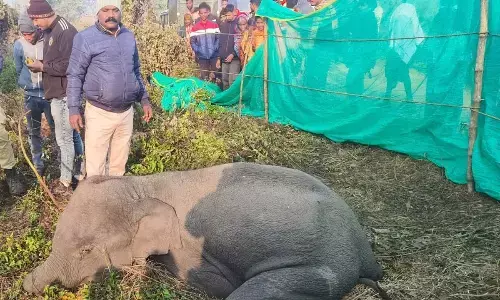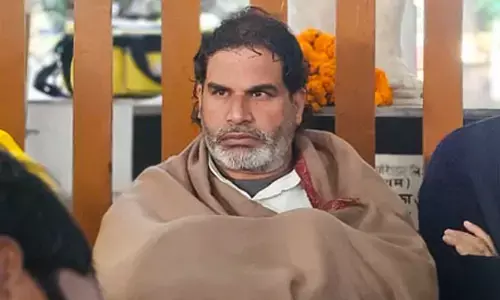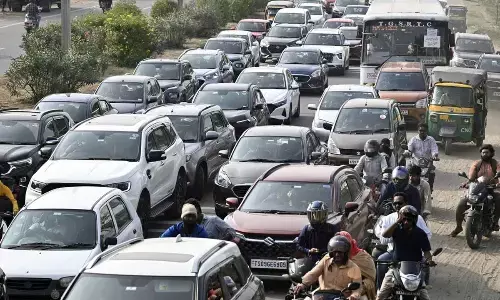SC issues norms for MV accident claims
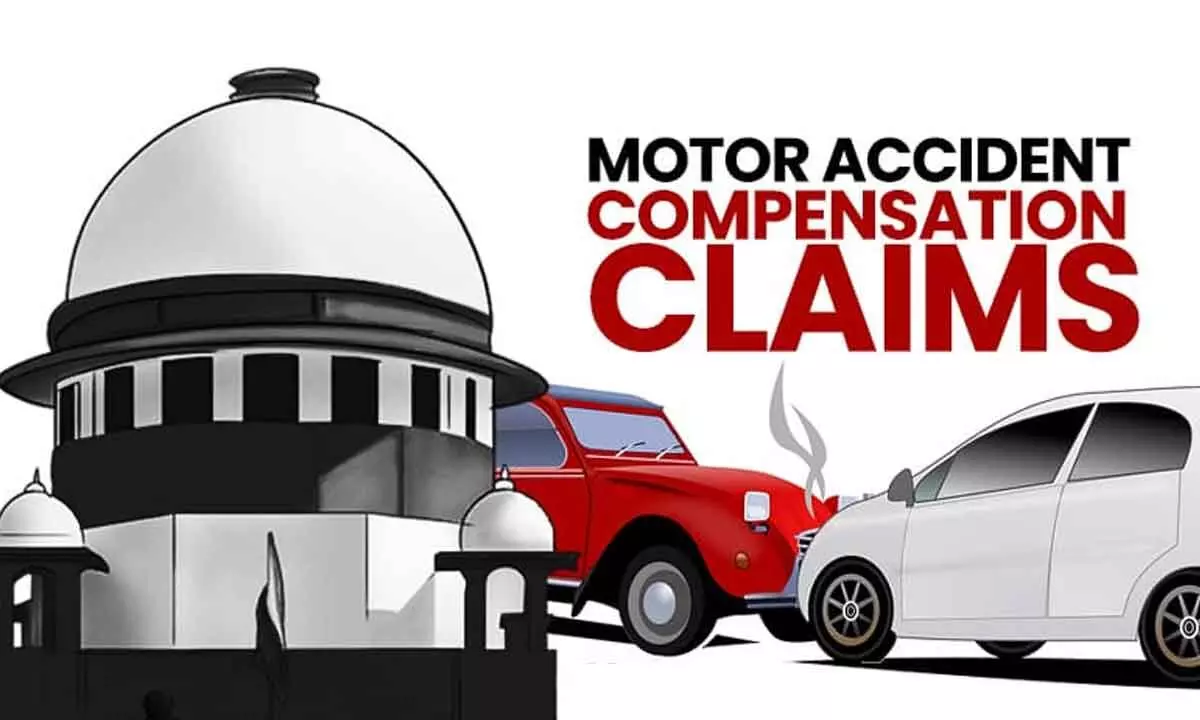
In a bid to streamline motor accident claim procedures, a bench consisting of Justices S Abdul Nazeer and J K Maheshwari of the Supreme Court issued directions on December 15 to police, insurance companies and other stakeholders on how to effectively deal with motor accidents cases
Hyderabad: In a bid to streamline motor accident claim procedures, a bench consisting of Justices S Abdul Nazeer and J K Maheshwari of the Supreme Court issued directions on December 15 to police, insurance companies and other stakeholders on how to effectively deal with motor accidents cases.
In a case titled, Gohar Mohammed Vs. UP State Road Transport Corporation and Others the apex court, inter alia, issued the following guidelines:
♦ The SHO concerned shall take steps as per Section 159 of the Motor Vehicles (MV) Amendment Act soon after receiving the intimation of a road accident.
♦ After registering the FIR, the Investigation Officer (IO) shall follow the procedure specified in the MV Amendment Rules, 2022 and submit the FAR (First Accident Report) within 48 hours to the Claims Tribunal. The IAR (Interim Accident Report) and DAR (Detailed Accident Report) shall be filed before the Claims Tribunal within the statutory time limit.
♦ The Registering Officer shall verify the registration of the vehicle, driving licence, fitness of vehicle, permit and other ancillary issues and submit the report in coordination to the police officer before the Claims Tribunal.
♦ The flow chart and all other relevant documents, as specified in the Rules, shall either be in vernacular language or in English and shall be supplied as per Rules. The IO shall inform the victim/legal representative, driver, owner, insurance companies and other stakeholders about the action taken under the law and shall produce the witnesses on the date, so fixed by the Tribunal.
♦ Distribution memo attaching the police stations to the Claim Tribunals shall be issued by the Registrar General of the High Courts from time to time.
♦ The Claim Tribunals are directed to satisfy themselves with the offer of the Designated Officer of the insurance company with an intent to award just and reasonable compensation. After recording such satisfaction, the settlement be recorded under Section 149(2) of the MV Amendment Act, subject to consent by the claimant. If the claimant is not ready to accept the same, the date be fixed for hearing and affording an opportunity to produce the documents and other evidence seeking enhancement, the petition be decided. In the said event, the said enquiry shall be limited only to the extent of the enhancement of compensation, shifting onus on the claimant.
♦ The General Insurance Council and all insurance companies are directed to issue appropriate directions to follow the mandate of Section 149 of the MV Amendment Act and the Rules thereunder. The appointment of the Nodal Officer prescribed in Rule 24 and the Designated Officer prescribed in Rule 23 shall be immediately notified and modified orders be also notified.
♦ In case the claimant or legal representative of the deceased have filed separate claim petition in the territorial jurisdiction of different High Courts, in the said situation, the first claim petition filed by the claimant/legal representative shall be maintained by the said Claims Tribunal and the subsequent claim petition shall stand transferred to the Claims Tribunal where the first claim petition was filed and pending. It is made clear here that the claimant is not required to apply before this Court seeking transfer of other claim petition though filed in the territorial jurisdiction of different High Courts. The Registrar Generals of the High Courts shall take appropriate steps and pass appropriate order in this regard in furtherance to the directions of this Court.
♦ If the claimant takes recourse u/s 164 or 166 of the MV Amendment Act he/they are directed to join Nodal Officer/Designated Officer of the insurance company as respondents.
♦ Registrar General of the High Courts, States Legal Services Authority and State Judicial Academies are requested to sensitize all stakeholders as early as possible with respect to the provisions of the Amendment Act and rules thereunder to ensure the mandate of law.
♦ For compliance of Rule 30 of the M.V. Amendment Rules, 2022, it is directed that on disputing the liability by the insurance company, the Claims Tribunal shall record the evidence through Local Commissioner and the fee and expenses of such Local Commissioner shall be borne by the insurance company.
♦ The State Authorities shall take appropriate steps to develop a joint web portal/platform to coordinate and facilitate the stakeholders.








